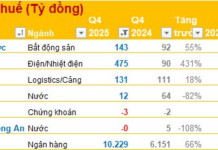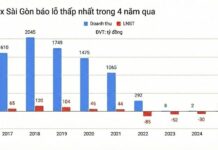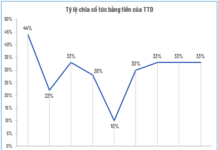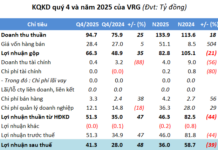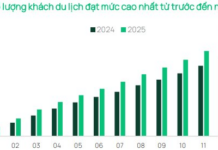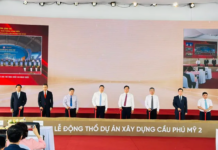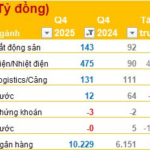Deputy Minister of Agriculture and Environment (MARD) Decision 3161/QD-BNN-TCCB
On August 11, the Deputy Minister of Agriculture and Environment issued Decision 3161 to deploy 34 officials to local governments to support land-related tasks as part of the two-tier local administration model implementation.

34 MARD officials deployed to local governments to streamline land procedures
The list includes 34 officials from the Land Management Department, with the highest rank being a Deputy Division Head.
These officials are tasked with supporting land-related matters in the two-tier local administration model. Their deployment will last for three months, starting from August 15, 2025.
Land Management Department Deploys Officials to Local Governments
The Land Management Department is responsible for directing and organizing the deployment of officials to local governments. They will also manage the deployed officials according to legal regulations and their delegated authority. The department will keep track of the local governments’ progress in implementing land-related tasks, providing weekly reports to the ministry.
The deployed officials are responsible for guiding and supporting local officials in performing and resolving land-related tasks within their delegated authority. They will promptly address or report any difficulties or proposals from local governments regarding land matters. Additionally, they will collect and synthesize information on the local governments’ overall performance in agriculture and environment management, regularly reporting it to the ministry.
Recently, MARD issued Decision 2971 to establish 10 working groups led by 10 deputy ministers to support local governments. These groups will grasp the situation, provide guidance, and address challenges faced by local governments in the fields of agriculture and the environment during the initial operation of the two-tier local administration model.
34 Civil Servants from the Ministry of Agriculture and Rural Development Deployed to Localities to Streamline Land Procedures for the Implementation of the Two-Tier Government
“A team of 34 skilled officials from the Ministry of Agriculture and Rural Development have been strategically deployed to offer their expertise at the local level. These professionals are tasked with providing much-needed support and guidance in the crucial realm of land management, ensuring efficient and effective solutions are implemented.”
The Premier Unveils the Merger Plan for the Ministry of Agriculture and the Ministry of Natural Resources
Prime Minister Pham Minh Chinh has announced that the proposed merger of the Ministry of Agriculture and Rural Development with the Ministry of Natural Resources and Environment will be discussed at the Central Committee meeting in January 2025. If approved, the merger will then be put forward to the National Assembly for ratification in February 2025, with the official merger taking place thereafter.
The Surplus Conundrum: Navigating the Tricky Terrain of Offsetting 6 Million Tons of CO2
The Ministry of Agriculture and Rural Development has reported to the Prime Minister on the transfer of nearly 6 million tons of surplus CO2 emission credits from the North Central Region for the period 2018-2019. The report emphasizes that these emission reductions were achieved in the past and their value will depreciate over time if not utilized promptly.











